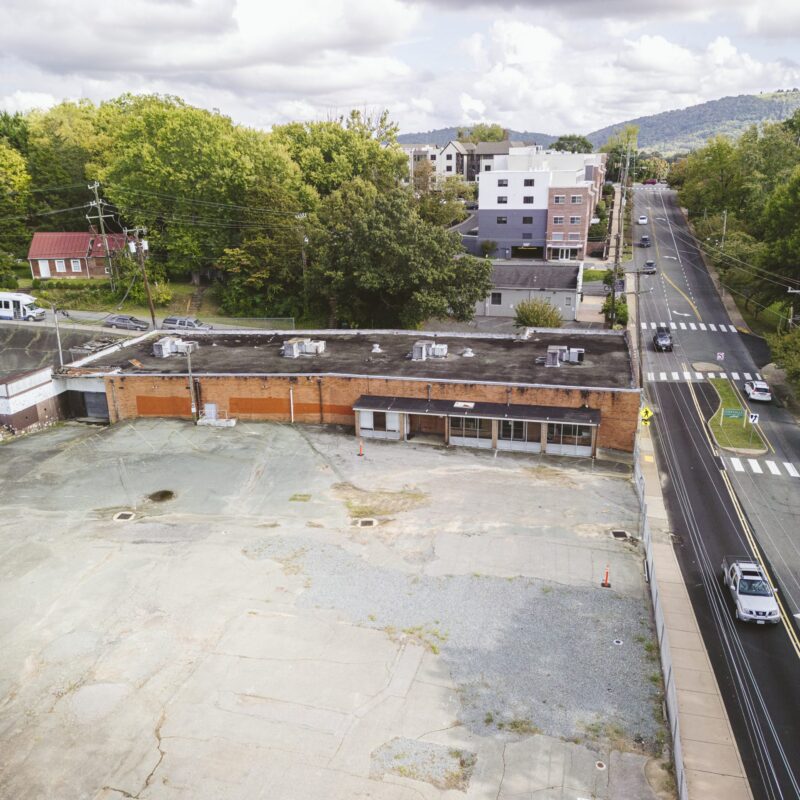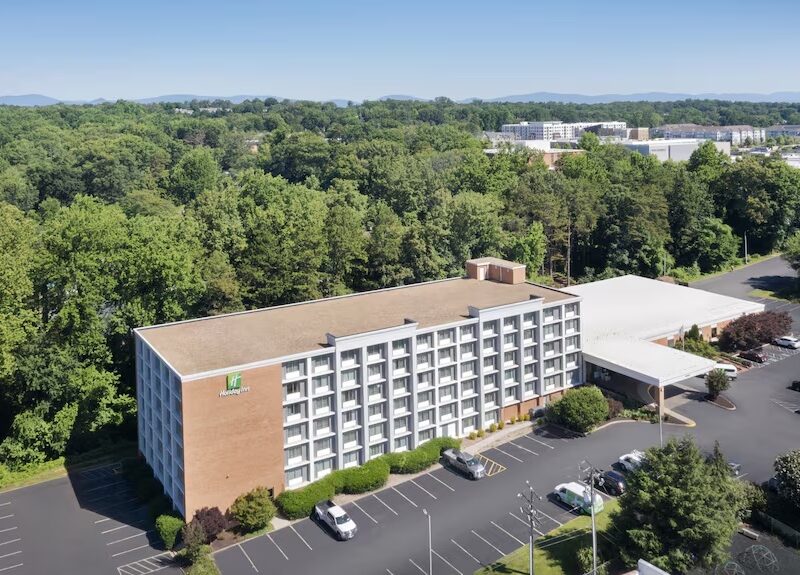Tuesday means a new C-VILLE on newsstands around town. Have a look at the Feedback column to hear more about T-Model Ford’s unannounced stop through town last week, and a strange take on Sarah Ruhl’s Dead Man’s Cell Phone coming up at the Helms Theatre.
Now, onward. Rigorous followers of this blog—I imagine there are many—have heard about pieces of legislation I’ve been following as they ricochet through both houses of state government. At stake are some relatively modest incentives that would lure the supposedly lucrative motion picture industry to the commonwealth. But things took a surprising turn this week when lobbyists from video gaming industry swooped into talks, looking for a piece of the incentive pie. (Yummy.) This from Virginia Production Alliance Chairman Terry Stroud’s blog:
"The video game industry has injected itself into the incentive conversation this year. This is the first time we have ever heard from them…They are attempting to be included without providing any data or studies as to the Return on Investment or how they may work given the current incentive plan discussions."
The argument for a local film industry has always been based on the idea that film jobs are good jobs; Bob McDonnell isn’t going to waste any political capital on incentives for the film industry simply because he’s a movie buff. And as it turns out, jobs in the video game industry aren’t too shabby—this from a story from NPR that ran in January:
"…there are about 45,000 total employees in the U.S. video game industry, with an average salary of close to $80,000. Salaries can reach into the six figures, and programmers are among the highest-paid. The Bureau of Labor Statistics projects that employment for computer software engineers, some of whom develop video games, will grow by nearly a third in the next decade."
It’ll be interesting to see how things turn out moving forward, and—if video game jobs are just as good as movie jobs—why.





